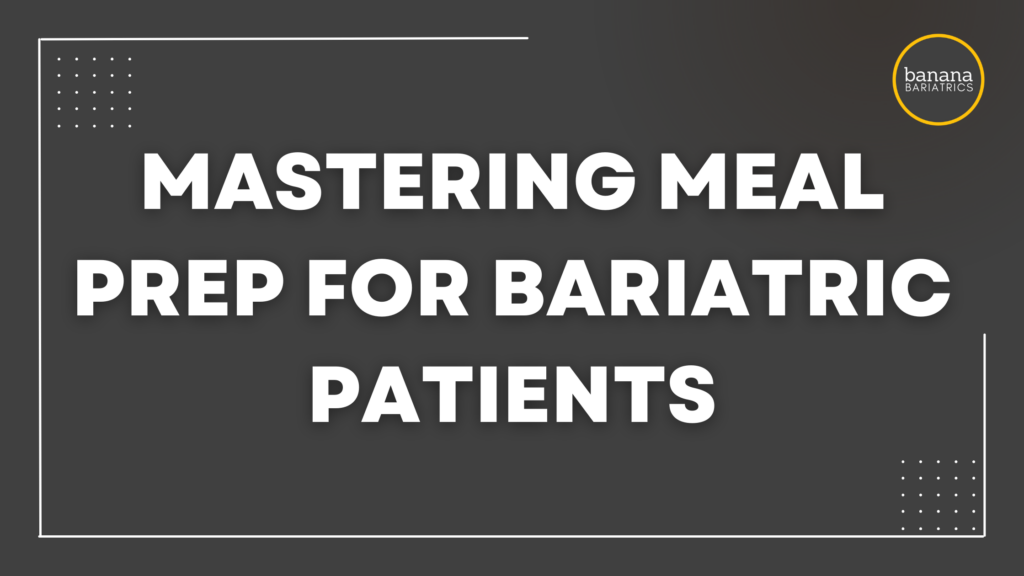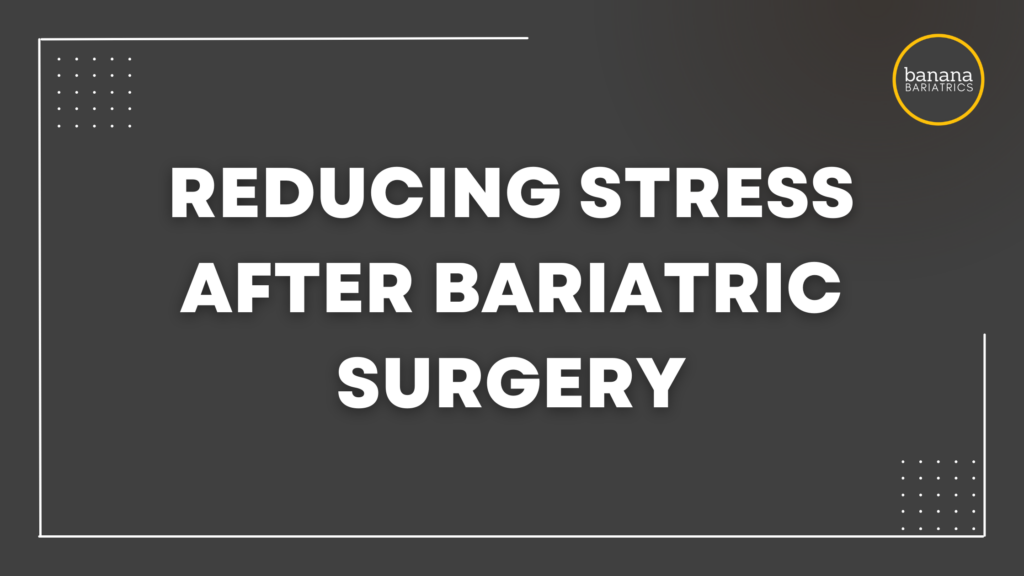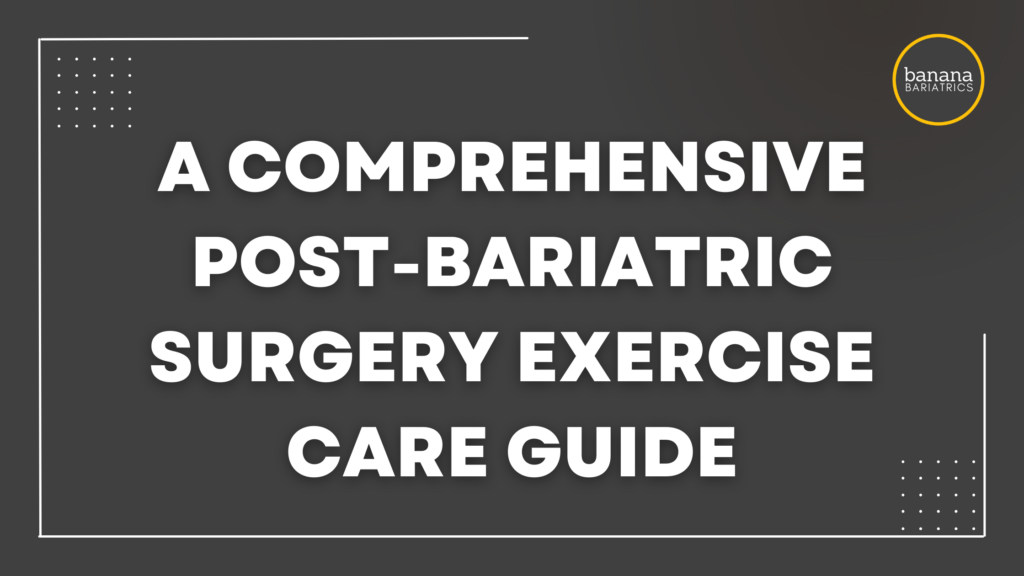What Lab Work Is Collected After Bariatric Surgery?

Every surgical center is different in terms of which exact lab work is collected after bariatric surgery. For the most part, however, labs are collected either before surgery, within 3 months after surgery, and/or every 3-6 months until the first year of surgery. From there, it is usually collected every 6 months to 1 year on a recurring basis. It is important to have lab work collected after bariatric surgery in order to screen for important vitamin and mineral deficiencies that have the potential for irreversible complications. In this blog post, we will discuss the main lab work that is collected after bariatric surgery and why it is important.
Complete Blood Count (CBC)
This lab panel looks at your current immune state (ie: fighting an infection), helps with evaluating for anemia, and gives us more information about your platelet count.
Complete Metabolic Panel (CMP)
The complete metabolic panel gives an overview of all of your electrolytes. It also includes your liver enzymes which can give us more context to the health of your liver in addition to your gallbadder health (assuming you still have your gallbladder and have not had it surgically removed). Your (fasted) blood sugar will also appear as “glucose” on this lab panel, which can be used together with a fasted insulin (drawn separately) to determine your sensitivity to insulin.
Albumin is a protein made by the liver that can help your surgical team determine how nutritionally optimized your overall health is. Prealbumin (collected separately) can do the same as well.
The complete metabolic panel also gives insight into the state of your overall kidney function. If you’re dehydrated, it will be detected on this panel of labs.
Thyroid Panel
A few lab tests (ie: TSH, T4, and free T3) will be grouped into this lab panel which can help your surgical team determine how active your thyroid gland is. If you have had your thyroid removed or are on a hypothyroid medication (ie: levothyroxine), your surgical team / Endocrinologist/ PCP can use this panel to make medication adjustments as needed.
Hemoglobin A1c
The Hemoglobin A1c test is a blood draw that averages your blood sugar over the past 3 months. Even if you weren’t fasted for your lab panel (you need to!), this number lays it all out there. Your surgical team will monitor the trend in your A1c with each panel of labs. Hopefully, your number continues to improve with time as the bariatric eating guidelines (ie: high protein, low carb) encourages long-term low blood sugar levels.
Lipid Panel
The lipid panel looks at all different kinds of cholesterol in your blood work. On this panel, you will see your total cholesterol, triglycerides, LDL cholesterol, and HDL cholesterol. Ideally, your surgical team will want your overall trend of cholesterol, triglycerides, and LDL cholesterol to decrease. As you add in more strength training and improve your diet towards more nutrient dense whole foods, you will see an increase in your HDL cholesterol (your “good” cholesterol).
Vitamins & Minerals
Those who have had the vertical sleeve gastrectomy versus the roux-en-y gastric bypass, duodenal switch, and SADI procedures will have varying degrees of vitamins and minerals on each of their separate lab panels. Aside from the sleeve gastrectomy, the remaining surgeries have some degree of nutritional malabsorption. This makes it challenging to appropriately absorb all of the healthy vitamins and minerals.
Are you taking your bariatric vitamins corrected and regularly?
If not- your labs will really show it!
Despite what you hear on social media and other multimedia platforms, you must continue taking a *bariatric* specific vitamin regimen DAILY for the rest of your life.
Trust me- I have seen many patients who did not do so and then had significant (potentially irreversible!) low levels of vitamins requiring significant higher intake of vitamins (and some needing IV repletion) in order to bring them up to normal.
It is worth repeating- you MUST take your bariatric vitamins every day.
In terms of which vitamins and minerals are monitored in lab panels after bariatric surgery, the main ones are:
- Iron panel
- Thiamin (Vitamin B1)- this has the potential for irreversible brain effects
- Folate (Vitamin B9)
- Vitamin B12
- Vitamin A
- Vitamin D
- Vitamin E
- Vitamin K
- Zinc
- Copper
In Summary
It is extremely important to ensure you are regularly taking your appropriate bariatric (chewy or pill) vitamin regimen every day to avoid vitamin and mineral deficiencies. Lab work that is collected after bariatric surgery can detect these deficiencies as well as give you insight into how your overall health and nutrition may be improving for the better after surgery. We always love seeing patients’ liver health, kidney function, insulin sensitivity, cholesterol levels, and glucose control getting better and better after bariatric surgery. The benefits of metabolic surgery can really be proven by what shows up in your blood work!
Want To Improve Your Lab Results?
The simplest place to start is to prioritize protein at every eating opportunity. To help you with this, we’d like to give you a FREE High Protein downloadable resource!







I am getting ready to make some egg mcmuffins to try… we shall see!!
Oooo yes! Egg muffins are super easy, grab-and-go, and can be jazzed up with different ingredients, toppings, etc.
I’m sure there’s a ton of recipes you can find on Pinterest. If you like spinach, you can saute some so it really wilts down, and add it to your mix so you’re buffering in a bit of extra iron too! 😉